Federal Appeals Court Temporarily Blocks FCC's Net Neutrality Rules
'The FCC is order is hereby temporarily stayed until August 5, 2024,' the court said.
Ted Hearn

WASHINGTON, July 12, 2024 – A federal court in Ohio on Friday temporarily blocked new federal Internet competition rules from taking effect in 10 days, a legal setback for Federal Communications Commission Chairwoman Jessica Rosenworcel, who had predicted success in the courts.
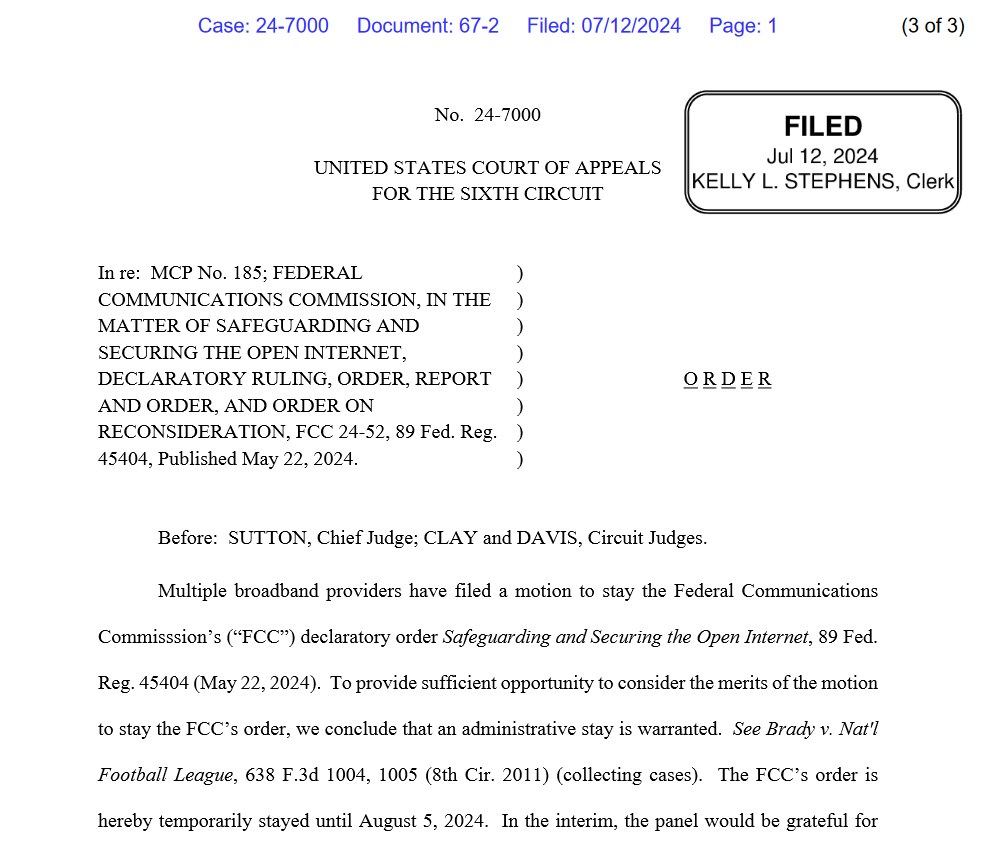
Sixth Circuit Court's Decision Staying FCC's Net Neutrality Rules
A panel of the U.S. Court of Appeals for the Sixth Circuit in Cincinnati stayed the FCC's Net Neutrality rules adopted in April and were immediately challenged by national and regional trade associations for Internet Service Providers, including Comcast, Charter, AT&T and Verizon.
“To provide sufficient opportunity to consider the merits of the motion to stay the FCC's order, we conclude that an administrative stay is warranted,” the court said. "The FCC order is hereby temporarily stayed until August 5, 2024."
The FCC's rules were to take effect on July 22.
The FCC could ask the full Sixth Circuit to review the three-judge panel's ruling. The agency could also file an appeal with Supreme Court Justice Brett Kavanaugh, who oversees the Sixth Circuit. As a Circuit Judge in 2017, Kavanaugh said the FCC's 2015 Net Neutrality rules were "unlawful.”
The Sixth Circuit's unanimous ruling was handed down by Chief Judge Jeffrey Sutton, Circuit Judge Eric Clay, and Circuit Judge Stephanie Dawkins Davis. Sutton was appointed by President George W. Bush, Clay by President Bill Clinton and Davis by President Joe Biden.
The FCC released the rules on May 7, a 512-page document that classified broadband ISPs as common carriers under Title II of the Communications Act. The utility-style approach barred ISPs from blocking or throttling lawful content or accepting payment to favor content in a discriminatory manner.
The ISPs argued that broadband Internet access service is an information service and unfit for regulations suitable for the old monopoly phone system. They also stated that Congress never passed a Net Neutrality authorizing the FCC to act.
The FCC made an attempt to transfer the case to the U.S. Court of Appeals for the D.C. Circuit in Washington over the ISPs' strong opposition. That court upheld the 2015 Net Neutrality regulations, prompting ISPs to claim that the FCC was looking for home field advantage.
The Sixth Circuit denied the FCC's transfer motion on June 28.
“I have full confidence in the work that this agency has developed with respect to Net Neutrality and I believe our work will be upheld by the courts,” Rosenworcel said on June 6.


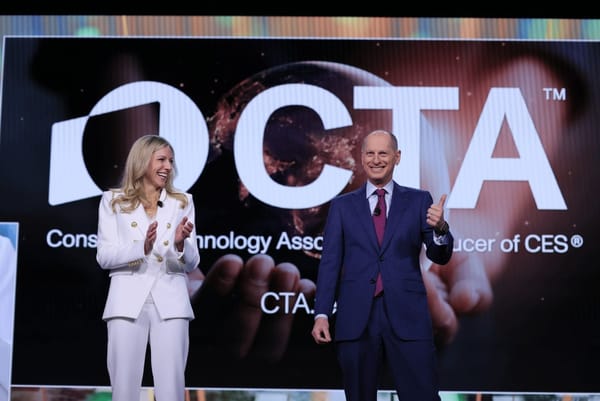
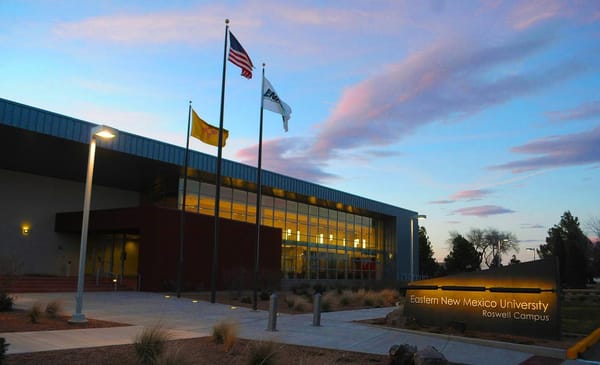
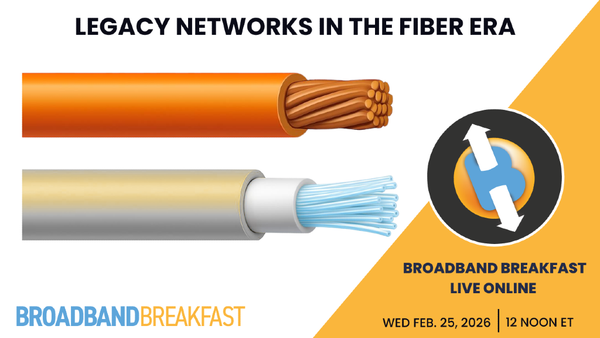
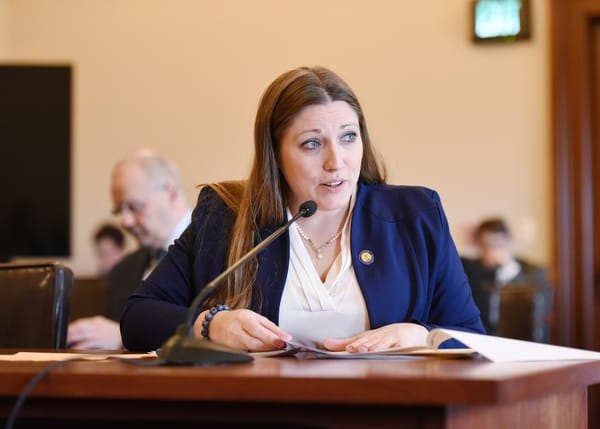
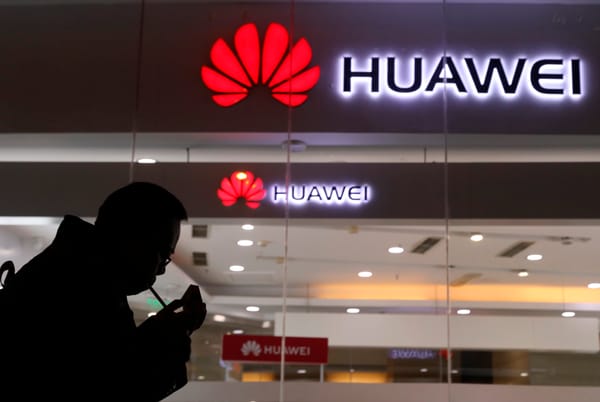



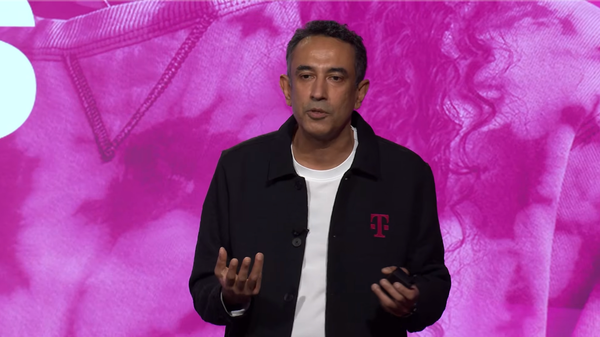
Member discussion